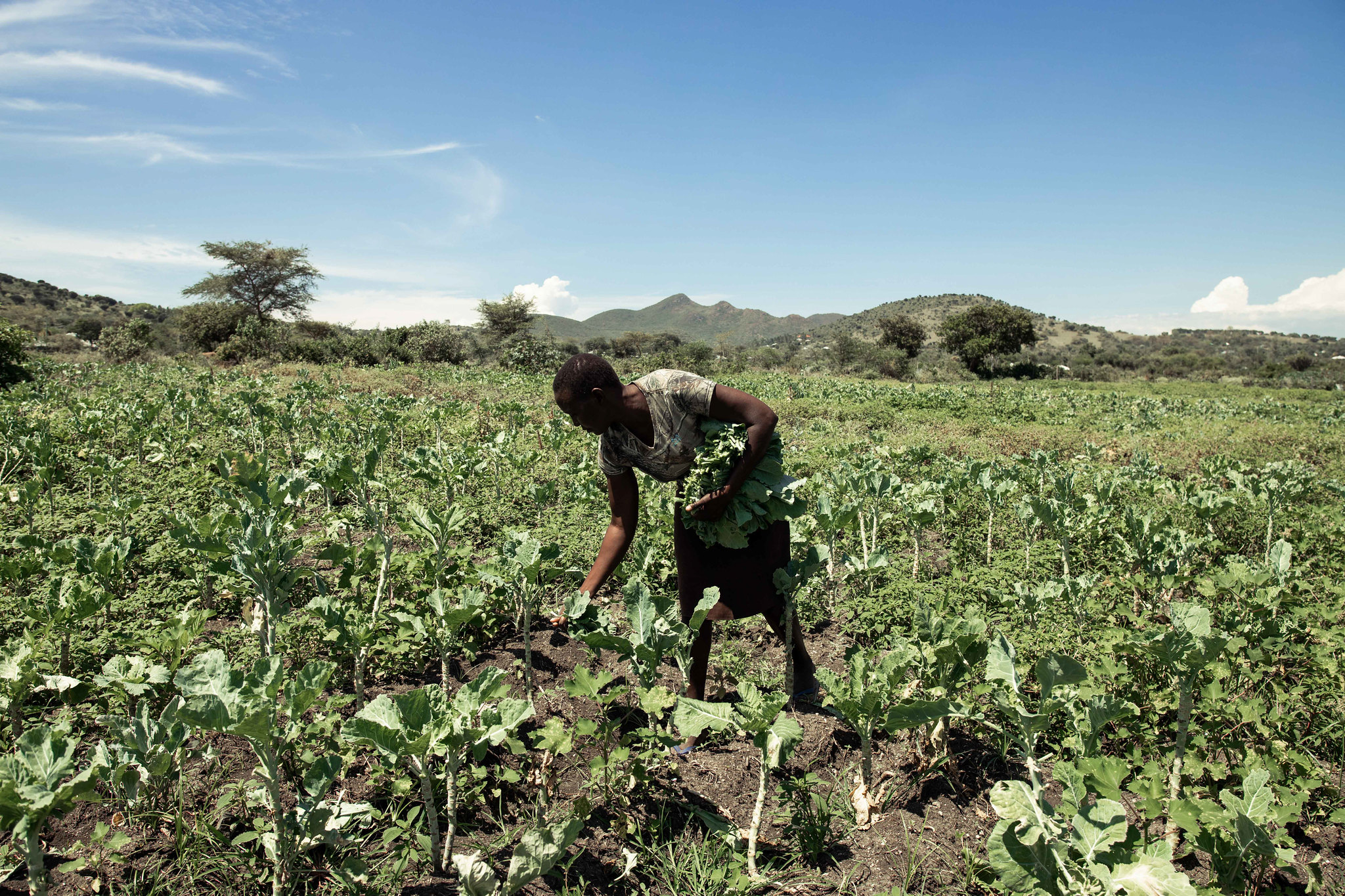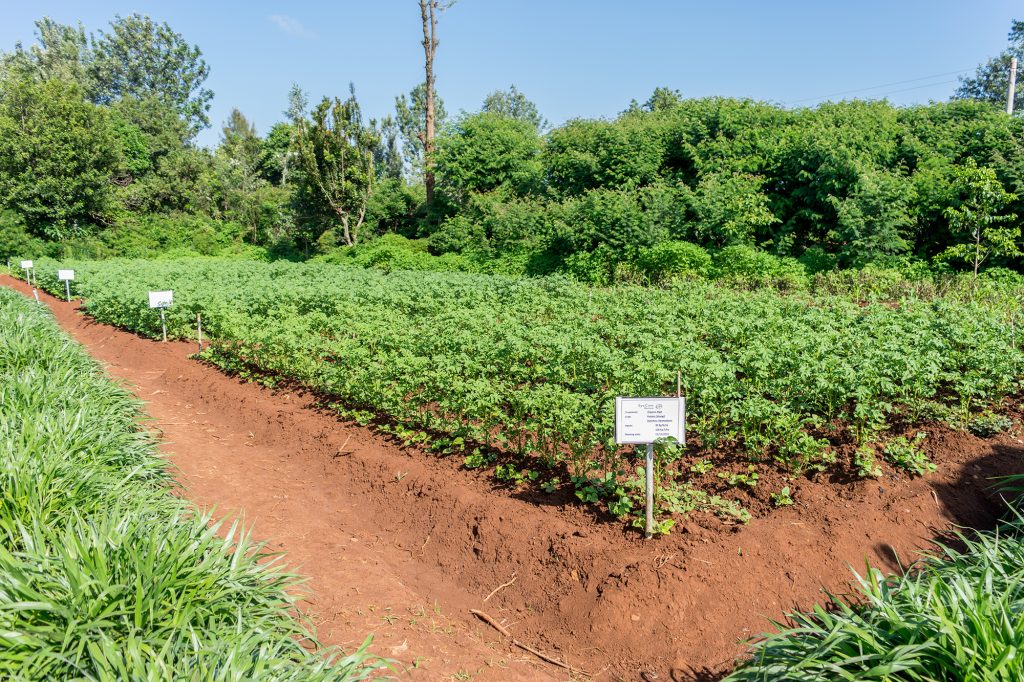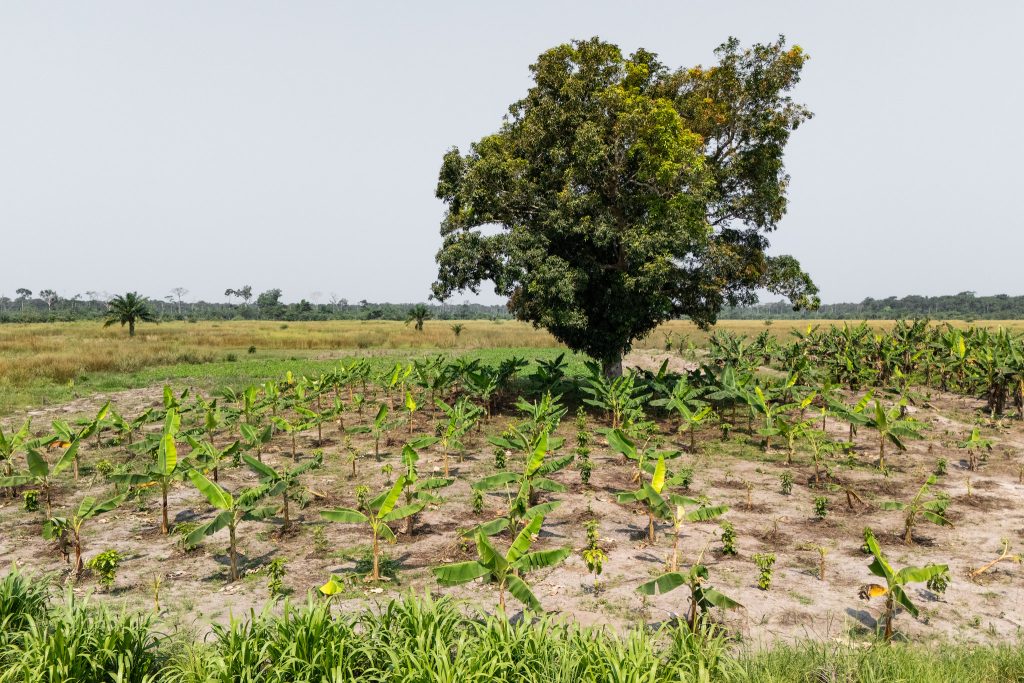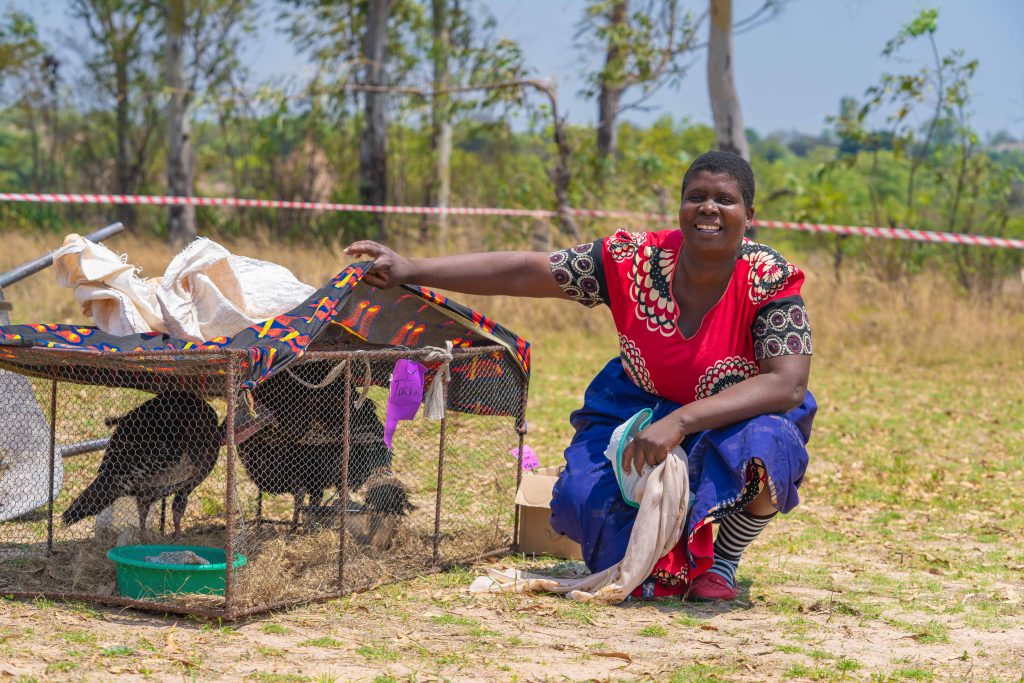Introduction
It is increasingly apparent that conventional agri-food systems are failing to meet nutritional needs and are causing adverse impacts such as environmental degradation and biodiversity loss. The transition towards agroecologically based agri-food systems has been widely praised as an effective alternative pathway for developing resilient farming systems that foster food security, social equity, biodiversity conservation, and the maintenance of overall environmental integrity.
Given the multidisciplinary nature of this field, there is a need for new knowledge, competencies, and policies to address complex problems and co-create solutions based on agroecological principles that integrate both scientific and local knowledge. Achieving this requires support and collaboration among a wide range of actors, including researchers, farmers, civil society, the private sector involved in specific value chains, and governments through dedicated policies.
This project responds to this need by creating a regional multi-actor research network on agroecology in East Africa (RMRN-EA). This RMRN project will play a key role in mobilizing and engaging diverse stakeholders, while also providing leadership for the co-creation of new knowledge on agroecology. In doing so, the project will stimulate capacity building and knowledge sharing, while fostering excellence in research and education.
Aim
This project seeks to contribute to a sustainable agri-food system transition based on agroecological principles and practices in sub-Saharan Africa through the establishment and operationalization of a regional multi-actor research network for agroecology in East Africa (RMRN-EA).
Specifically, the project will:
- Develop and implement curricula on agroecology in selected target countries in East Africa.
- Strengthen the capacities of research organizations in RMRN-EA to produce, collect, access, process and share data/information related to agroecology principles following a gender-sensitive approach.
- Increase the RMRN-EA’s contribution to participatory validation and scaling of agroecological innovations at different scales (plot to landscape).
- Enhance RMRN-EA support on agroecology to practitioners, scientists and policy makers with a gender-sensitive approach.
Project Scope and Timeline
This project has a four-year timeline, running from December 2024 to November 2028, and is implemented in Kenya, Tanzania, and Uganda.
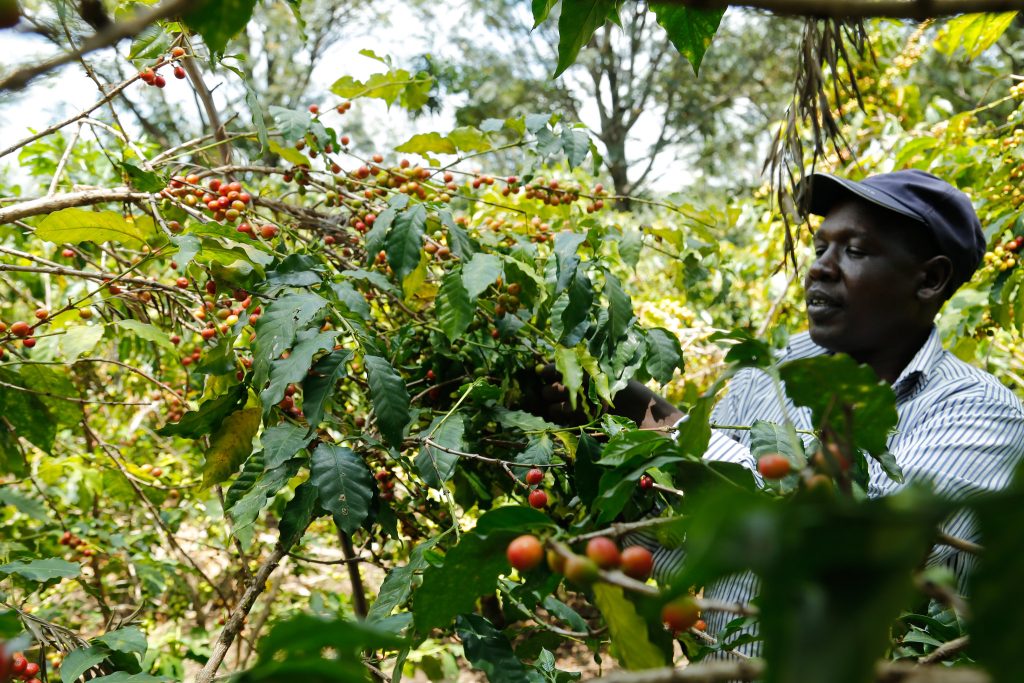
Modality
The project will produce the much-needed context-specific knowledge on agroecology for East Africa through multi-pronged participatory actions fostering collaborative research that is centered on sharing of capacity and enhancing competences among regional universities and national agricultural research organizations.
Findings will be published widely in the form of scientific publications, policy briefs and knowledge exchange hubs.

Partners
This project is implemented in partnership with:
- International Centre of Insect Physiology and Ecology (ICIPE)
- Alliance Bioversity and CIAT
- Biovision Africa Trust
- Center for International Forestry Research and World Agroforestry (CIFOR-ICRAF)
- Centre de coopération internationale en recherche agronomique pour le développement (cirad)
- International Institute of Tropical Agriculture (IITA)
- Kenya Agricultural and Livestock Research Organization (KALRO, Kenya)
- Makerere University (MaK, Uganda)
- National Agriculture and Food Research Organisation (NARO, Uganda)
- Sokoine University of Agriculture (SUA, Tanzania)
- Tanzania Agricultural Research Institute (TARI, Tanzania)
- The East African Science and Technology Commission (EASTECO)
- University of Nairobi (UoN, Kenya)
Contacts
- Frank Chidawanyika (icipe), Project Lead: fchidawanyika@icipe.org
- Thomas Dubois (icipe): tdubois@icipe.org
Related Domains
This project cuts across all eight domains of the Agroecology TPP. For more information, visit our domains.
Donors

The RMRN-EA project is generously funded by the EUROPEAN UNION

